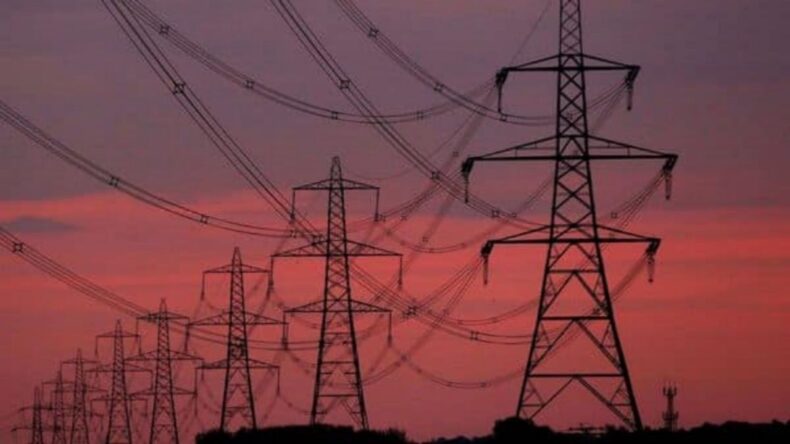Social media is flooding with images of Chinese citizens tackling their tasks in the absence of electricity. Restaurants are preparing and serving food with the aid of candles and flashlights. Factories have been forced to suspend production, and if this trend continues, scarcity of goods can be expected.
So why exactly has the government done this? Is it compensating on conservation targets after coronavirus lockdown, or there is a vested political agenda too? Let us get behind this power crunch.
Cause of Electricity Shortage – Pricing System
China derives most of its electricity from hydropower, where coal is burnt to heat water, the steam formed turning turbines to generate electricity. The country faces a coal supply shortage, and the government is selling curbs on usage as the solution. The dark reality is China is reducing power consumption but not coal production.
The power control pricing system is preventing electricity generators from maintaining the same price. China has had a history of struggle in balancing supply and demand with mediators underestimating demand growth.
This shortage risks power cuts in extreme weather when maximum power is required. Policymakers had warned two years ago that if the number of coal-fired power plants is not increased, a shortage is inevitable.
China’s leading industries, like aluminium smelting, steel-making, cement manufacturing have been told to reduce electricity use. Factories have either halted or stopped production for two days a week to meet targets. Soybean production in Tianjin has been shut since 22nd September.
Houses in Northeastern parts of China are suggested to limit water heaters, microwaves, elevators etc. Some officials have urged the government to import coal from Mongolia, Russia and Indonesia to meet demands.
Pressure on Inflation and COP26
China’s manufacturing sector is suffering because of the curbs, while Global supply chains are in disarray. Prices of commodities are already increasing; this will continue if steps are not taken to restore supply.
Many people are suggesting that China should shift to sustainable means of energy like solar and wind energy. Solar panels are made up of graded polysilicon; their prices have more than doubled this month. Producers of it get less than three days of inventory, a 90% year over year drop.
Before the current rise, too, the cost was constantly on an upward trend. Such price volatility is unacceptable as a full-term fuel currently in any developing country, including China.
The power cut is also taking a toll in the Chinese stock markets at a time when the world’s second-largest economy is already slowing down. There is also the political motivation behind this sudden interest in de-carbonisation and low energy intensity reduction.
The COP26 climate talks – the United Nations climate change conference 2021 will be held in Glasgow of China, and the hist country is striving to set a good example. World countries are not supporting China on many levels right now, so gaining support somewhere is crucial.
Effect on the World and India
The first direct consequence would be easing bans on Australian coal imports. Fuel prices have increased in Europe and America too. The USA has increased coal production, and experts predict that they will be facing a shortage in the winters.
Europe has taken the more environmentally appropriate method by opening up the economy by removing restrictions. The sharp rise in global prices proved to be a boon for domestic suppliers like Coal India.
They have raised production, but still, supply remains tight in India. We had a scarcity in August as inventory of coal stooped to critically low levels. The condition was taken care of by diverting coal from non-power uses. The overall effect in neighbouring countries of China like Pakistan, India, Indonesia, Russia, Japan, Mongolia will be more coal export.
The Chinese power crisis reminds us that fossil fuels are finite, and we must take immediate steps to end dependence on them. Shifting to renewable sources without a plan may lead to disturbances, so All nations should take small steps. One such step could be a fixed power cut in households to save power so that we do not reach the state China is in now.













